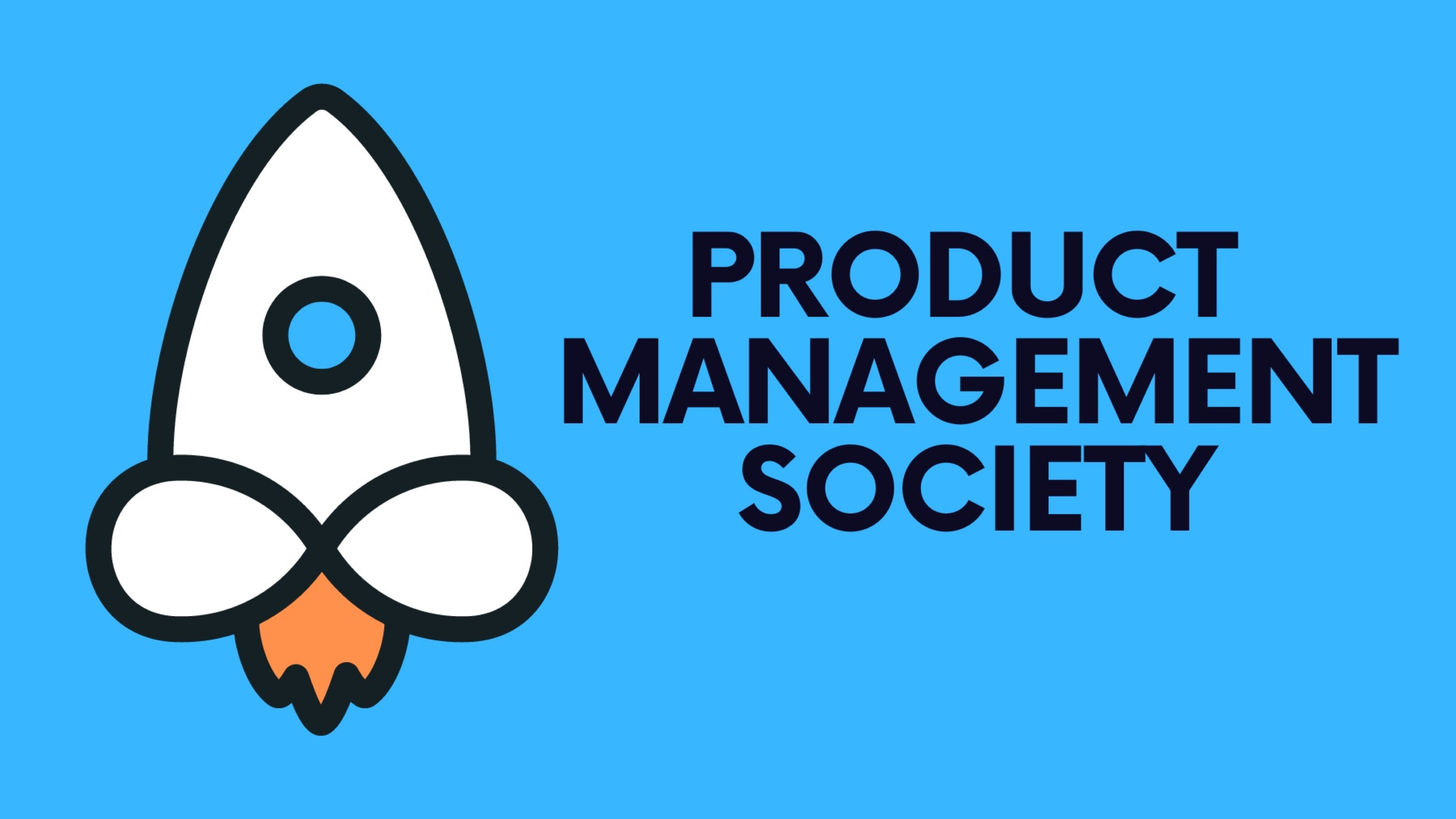Before reading, make sure to join our Slack community to connect with like-minded product professionals from all over the world by clicking the following link.
In the competitive field of product management, standing out requires more than just experience—it demands a commitment to continuous learning and professional development. One way to demonstrate this commitment is by obtaining a product manager certification. But why should you consider getting certified? This article delves into the reasons why a product manager certification can be a valuable asset in your career, exploring the benefits it offers in terms of knowledge enhancement, career advancement, and industry recognition.
1. Enhancing Your Skill Set
Comprehensive Knowledge Acquisition
- Structured Learning: Certification programs offer a structured curriculum that covers essential product management principles, methodologies, and best practices.
- Latest Trends and Tools: Stay updated with the latest industry trends, tools, and technologies that are shaping the future of product management.
Practical Application
- Real-World Projects: Many certification courses include practical projects or case studies, allowing you to apply learned concepts to real-world scenarios.
- Problem-Solving Skills: Enhance your ability to tackle complex product challenges through guided exercises and mentorship.
2. Career Advancement Opportunities
Increased Employability
- Stand Out to Employers: A certification can make your resume more attractive to potential employers by demonstrating your dedication and expertise.
- Broader Job Prospects: Certified product managers may have access to a wider range of job opportunities, including higher-level positions.
Potential for Higher Earnings
- Competitive Salaries: Certifications can position you for roles that offer higher salaries due to the specialized knowledge and skills you bring.
- Negotiation Leverage: Use your certification as leverage during salary negotiations or when seeking promotions.
3. Credibility and Recognition
Professional Validation
- Industry Standards: Certifications often adhere to industry standards, providing validation of your skills and knowledge against recognized benchmarks.
- Peer Recognition: Gain respect and credibility among colleagues and within professional networks.
Trust Building with Stakeholders
- Confidence from Clients and Partners: Certifications can instill confidence in stakeholders regarding your ability to manage products effectively.
- Leadership Roles: Establish yourself as a knowledgeable leader capable of guiding teams and making strategic decisions.
4. Networking Opportunities
Access to Professional Communities
- Alumni Networks: Join a community of fellow certified professionals, opening doors to networking, collaboration, and mentorship.
- Industry Events: Certification bodies may offer exclusive access to conferences, workshops, and seminars.
Collaborative Learning
- Peer Interaction: Engage with peers from diverse backgrounds, enriching your learning experience through shared insights and perspectives.
- Mentorship Opportunities: Connect with experienced product managers who can provide guidance and support in your career journey.
5. Commitment to Continuous Learning
Staying Relevant
- Ongoing Education: Certifications often require continuing education, ensuring you stay current with evolving industry practices.
- Adaptability: Demonstrate your ability to adapt and grow in a rapidly changing field.
Personal Growth
- Confidence Building: Achieving certification can boost your confidence in your abilities and decisions as a product manager.
- Goal Achievement: Setting and accomplishing the goal of certification can be personally rewarding and motivating.
6. Choosing the Right Certification
Assess Your Career Goals
- Specialization Areas: Identify certifications that align with your specific interests, such as agile methodologies, data analytics, or product strategy.
- Career Stage: Choose a certification appropriate for your experience level, whether you're an aspiring product manager or a seasoned professional.
Research Accredited Programs
- Reputation: Look for certifications offered by reputable organizations or institutions recognized in the industry.
- Curriculum and Format: Consider the content, duration, cost, and delivery method (online or in-person) that best fit your needs.
Conclusion
Obtaining a product manager certification can be a significant investment in your professional future. It not only enhances your skill set and knowledge but also opens doors to career advancement, credibility, and a strong professional network. In an increasingly competitive market, a certification can differentiate you from your peers and demonstrate your commitment to excellence in product management. If you're considering ways to elevate your career, exploring certification options might be a strategic next step.
If you’re finding this blog valuable, consider sharing it with friends, or subscribing if you aren’t already. Also, consider coming to one of our Meetups and following us on LinkedIn ✨
Thanks for reading Product Management Society! Subscribe for free to receive new weekly posts 🚀







